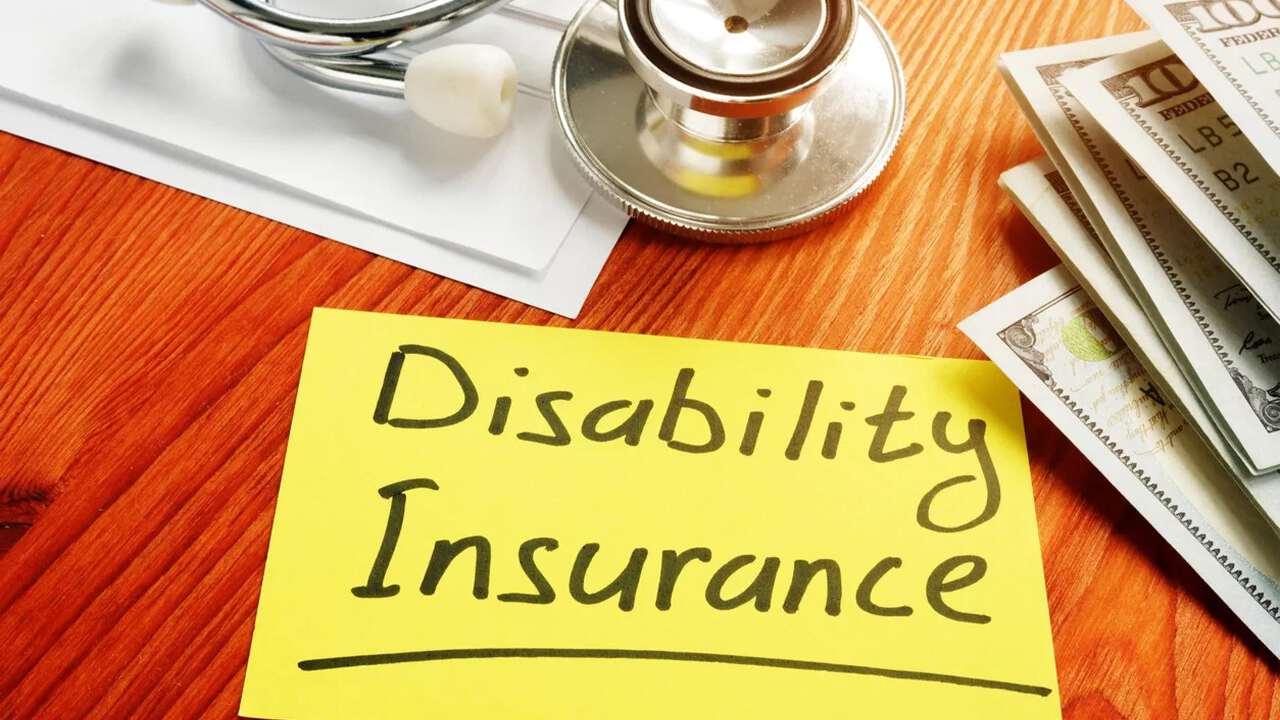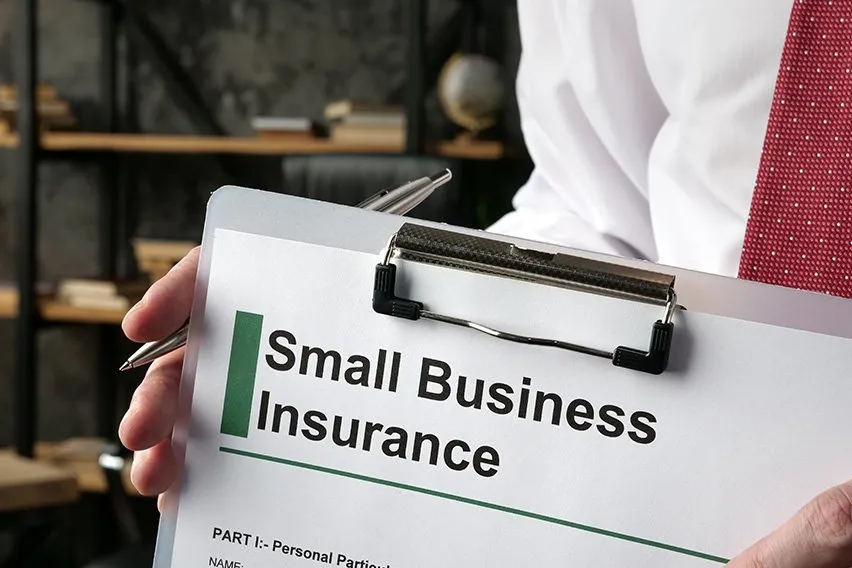Managing Risk the Smart Way with Insurance

Life is full of uncertainties. Accidents, illnesses, natural disasters, and financial setbacks can all happen when we least expect them. We can’t predict what the future holds, but we can prepare for it. One of the smartest ways to deal with risk is to get insurance, which protects your finances when the unexpected happens. The right insurance coverage can ensure that you don’t have to face huge expenses alone, whether it’s for your health, home, car, or the future of your loved ones. This article explores how insurance can help you reduce risk, the different types of insurance you should consider, and how to choose the best policy. Finally, you’ll learn how to use insurance as a planned safety net for life’s unknowns.
Understanding Risk and Why Insurance Matters
Risk is the possibility that something unexpected will happen, such as a car accident, a house fire, or a sudden illness. Some risks are minor, but others can cause serious financial loss. You transfer the risk to an insurance company for a fee. That’s how insurance works. You pay a reasonable amount each month, and if an insured event occurs, the insurance company pays the rest. This way, you don’t have to bear the full cost of a disaster. This approach not only keeps your money safe, but it also gives you peace of mind knowing that you’re not alone in facing a huge loss.
Different Types of Insurance
Because there are so many different types of risks, there are also different types of insurance for different needs. Health insurance can cover medical expenses, while auto insurance can protect you from financial loss due to an accident. Life insurance can provide financial protection for your family in the event of an accident, while homeowners insurance or renters insurance can protect your property. Business owners may need homeowners insurance or liability insurance. To build a strong financial safety net, you need to understand what types of life insurance can protect you.
How Insurance Can Help You Avoid Bankruptcy
If you don’t have auto or health insurance and your car gets into an accident or you need major surgery, these expenses can drain your savings or even leave you in debt. These situations don’t happen because insurance can cover huge unexpected expenses. With good health insurance, a $50,000 hospital bill after your deductible might only cost you $1,000. Likewise, if your house burns down, your home insurance can cover the cost of rebuilding instead of leaving you homeless. By making small, regular payments, you can reduce your risk of bankruptcy.
Right Balance Between Cost and Coverage
Insurance is important, but buying too much can strain your budget. It’s important to find the right balance: enough coverage to cover major risks without spending too much on unnecessary extras. First, determine what your biggest financial risk is. If you own a home, you need home insurance. If you have dependents, life insurance is essential. To keep premiums low while getting good coverage, compare different plans, adjust your deductibles, and look for discounts.
Common Mistakes
Many people underinsure, which increases their risk, or overinsure, which wastes money on unnecessary benefits. Not reviewing your insurance policy regularly is another mistake. As life changes, so should your coverage. Some people don’t read the exclusions in their policy carefully, only to realize too late that certain events aren’t covered. Read your policy carefully, update your coverage if necessary, and talk to your insurance agent if you’re unsure about how to avoid these problems.
Choose the Right Insurance
Finding the right insurance starts with identifying your risks. A young single person might need car and health insurance, but not life insurance right now. But families with debt should prioritize life, health, and home insurance. Find out what insurers are known for, compare quotes, and read reviews from previous customers. It is best to look for policies with clear terms, a reasonable deductible, and a claims history. Don’t just choose the cheapest one, but make sure it meets your needs.
When to Review and Update
Insurance is not the same for everyone. You should review your insurance after you get married, have a child, buy a house, or change jobs. Review your coverage annually to make sure it still meets your needs, even if there have been no major changes. Market changes, new regulations, and inflation can all affect the amount of insurance you get. Regular medical checkups can help ensure that your current insurance is still right for you.
What you can Deduct
The deductible is the amount you have to pay yourself before your insurance will pay out. A higher deductible lowers your premium but also increases the amount you have to pay yourself in the event of a claim. A lower deductible does the opposite. Which one you choose depends on the risk you are willing to take and how much money you have saved. If you have money to spare, your deductible could save you money in the long run. If you are short of money, a lower deductible could make things easier for you immediately after an accident.
Conclusion
One of the best ways to deal with financial risks in life is to get insurance. It turns a potential disaster into a situation you can handle. By understanding your risks, choosing the right policy, and avoiding common mistakes, you can protect yourself and your family without spending too much money. Remember, getting insurance isn’t just the right or legal decision; it’s protecting your future from the unknown. Take the time to carefully review your policy terms, ask questions, and make changes if necessary. Planning your insurance properly can help you feel more confident about the unknowns of life.
FAQs
1. What coverage do I really need?
Your actions will depend on your assets, liabilities, and personal circumstances. A good rule of thumb is to get enough insurance to avoid going bankrupt. For example, liability insurance should be at least as much as your assets.
2. Is it worth getting insurance to protect against the little things that can happen?
If a rare event would wipe out all your money, like a house fire, then that’s it. If the risk is small enough that you can afford it yourself, you probably won’t.
3. Can I have a say in my insurance premium?
Sometimes. Some insurance companies will give you a discount if you have safety features installed, like a house alarm, or if you have a good driving record. Be sure to ask if they offer a discount.
4. What are the disadvantages of filing an insurance claim?
Filing too many claims can result in your premium going up or even your insurance not being renewed. Only file a claim if the damage is so bad that you can’t handle it yourself.
5. How do I know if I can trust my insurance company?
You can check their customer reviews and financial strength scores with agencies like A.M. Best and Moody’s. It is important that you have a good reputation when it comes to paying claims correctly.





